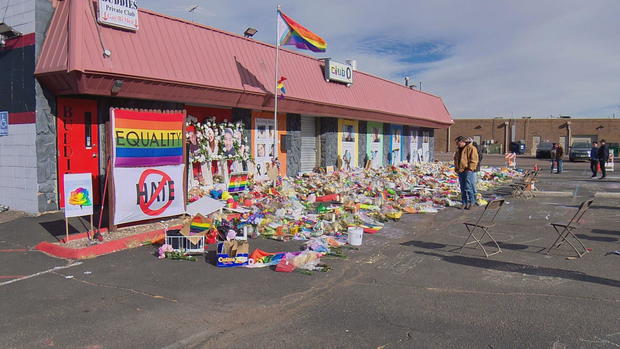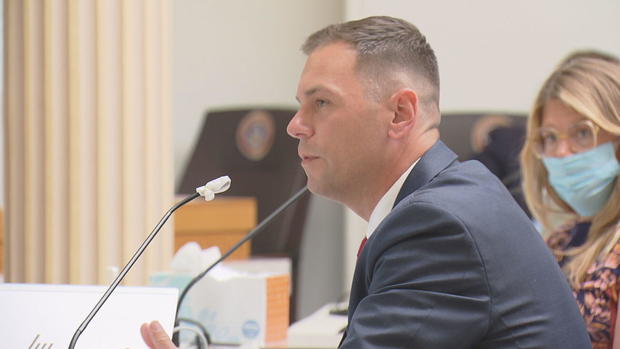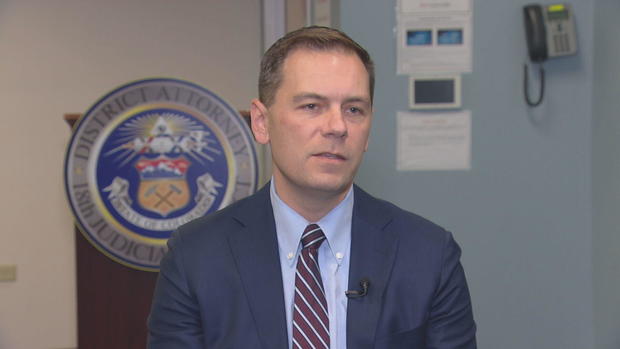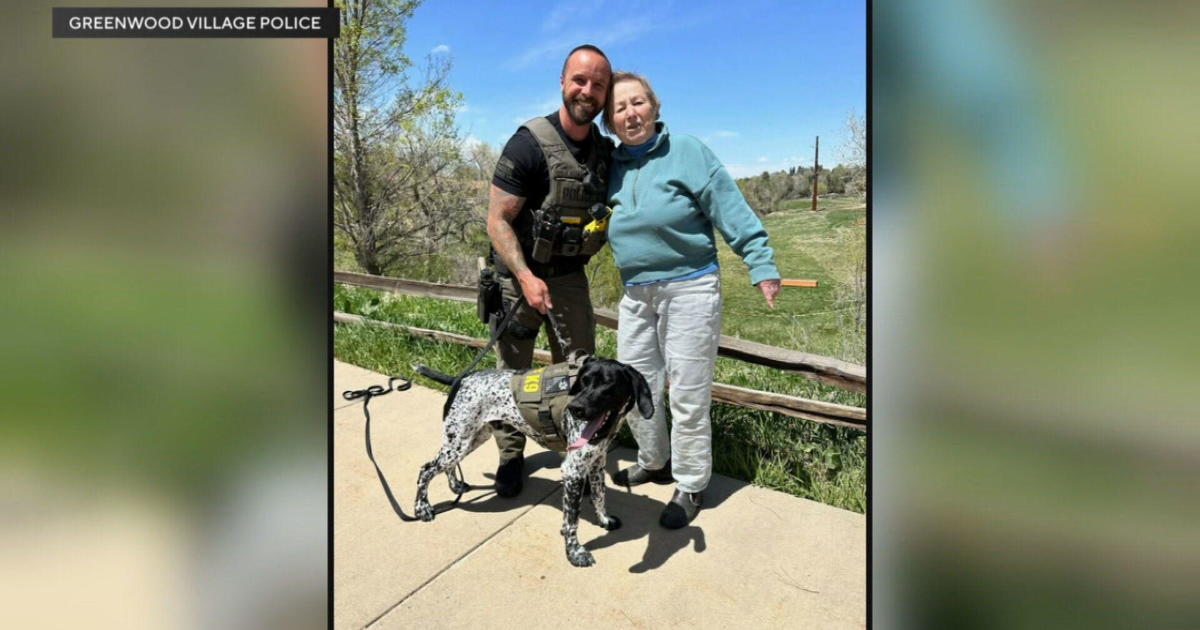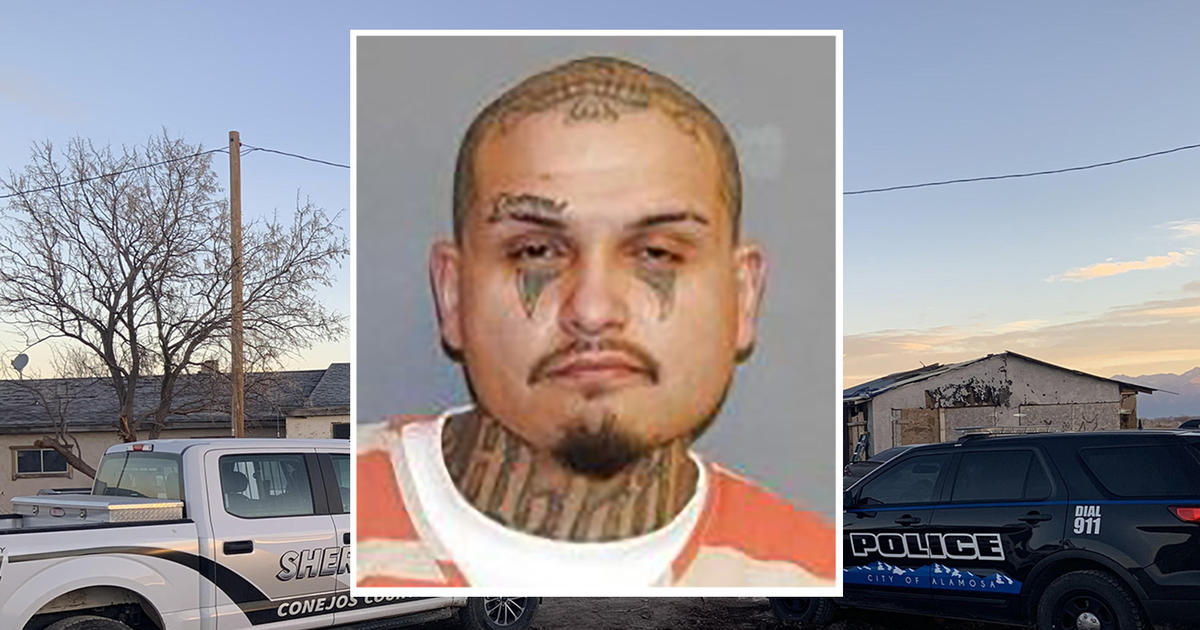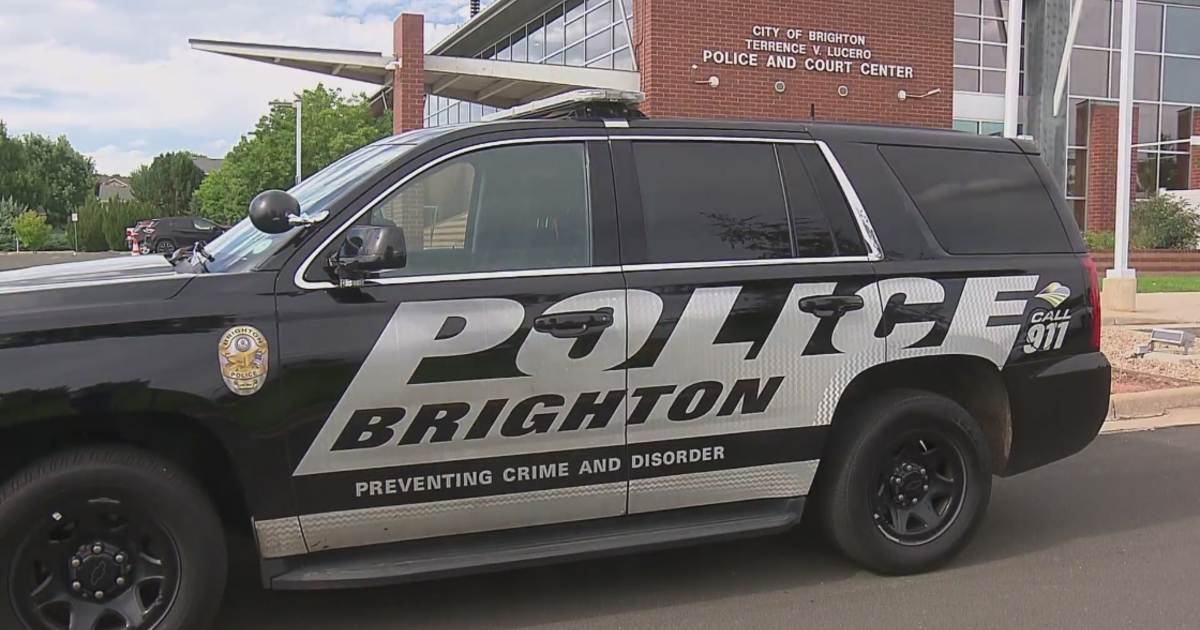New law could impact incoming charges in Club Q mass shooting
The suspect in the mass shooting at an LGBTQ nightclub in Colorado Springs will be in court Tuesday to face formal charges.
While the accused shooter's attorney claims that the individual is non-binary, meaning they identify as neither man nor woman, the district attorney says gender identity won't impact the charging decision. But a law that took effect just last year may have an impact.
Under the previous law, prosecutors had to show that a crime was motivated solely by hate in order to bring charges of a bias-motivated crime.
18th Judicial District Attorney, John Kellner, says most crimes have mixed motives.
"The way our law was structured back then with bias-motivated crimes you could not successfully prosecute many of those cases and we saw that play out in court time and time again," Kellner said.
He set out to change that by changing just five words in the law. Instead of requiring a crime be motivated wholly by hate, the new law says, if a crime is motived "in whole or in part" by hatred, it is a bias-motivated crime.
"Just a few words expands our ability to hold people accountable when they commit these crimes," Kellner said.
Kellner says the law could help in cases like the one at Club Q. While the suspect already faces life in prison if convicted of murder, he says, when a crime is motivated by hate, it's important that the charges reflect that.
"Even though a bias-motivated charge is going to be a lower level penalty, a lower-level charge, it's still important to bring it forward, to send a message, to people we see you, we hear you, we want to hold people accountable. We want to send a message this is not tolerated in our community and in Colorado," Kellner said.
Kellner hopes the new law will also help improve the reporting and tracking of hate crimes by building trust in the community.
"A lot of folks who are the victims of bias-motivated crimes or incidents involving hatred are often some of the most marginalized people in our communities and they have, sometimes with good reason, a lack of trust, not just in law enforcement, but with the justice system," Kellner said. "These are crimes that don't just impact one person in a community. They impact unseen people, people throughout the community, that feel the ripple effects of the hatred. It really tears at the fabric of our society. That's why these cases matter so much."
Kellner has also created a special unit in his office to prosecute hate crimes and train law enforcement in how to recognize them.
The new law also added bias-motivated harassment to the Victims' Rights Act, which gives people targeted by hatred more protections and more of a voice in the legal process.
Based on the most recent FBI data, more and more people are being targeted in bias-motivated crimes in Colorado. Reports of hate crimes were up 30% in 2020.
